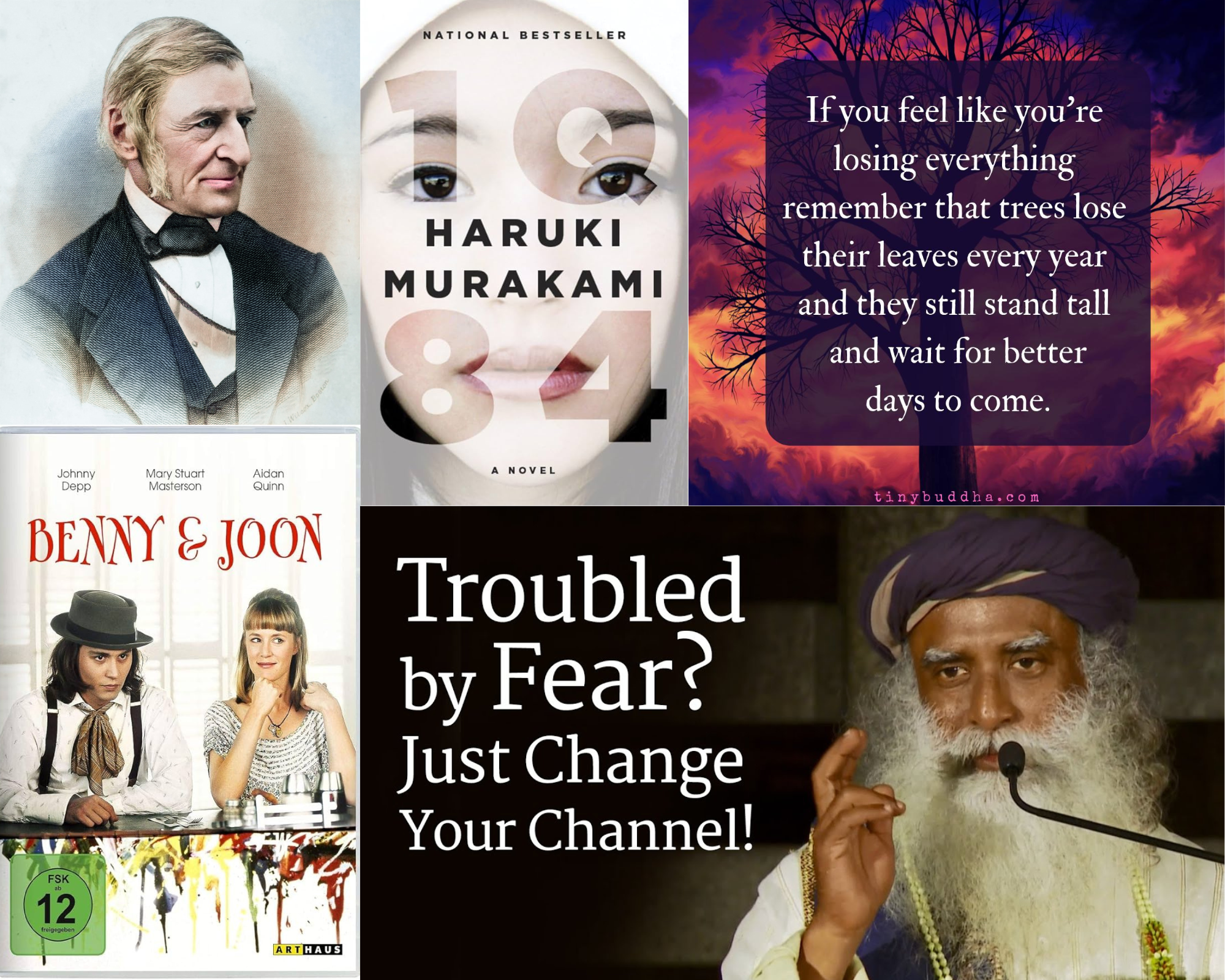Sunday Supplement #175 (September 15th, 2024)
Below is another Sunday Supplement with a quote worth sharing, a book worth reading, a movie worth watching, brainfood worth consuming, and a spiritual passage worth pondering.
Please take something away from these recommendations that enriches your week ahead!
Quote of the Week:
“Basically, I chose not to identify with being broke any longer. I realized I deserve a beautiful life, and abundance was something that I needed to welcome into my life.”
– Jen Sincero
Book of the Week:
Peter and the Starcatchers – Dave Barry & Ridley Pearson
Authors Dave Barry and Ridley Pearson collaborated to write a reinterpretation of the classic tale of J.M. Barrie’s famous character, Peter Pan.
The first novel in the series follows an orphan boy named Peter as he’s shipped out with his friends on the boat Never Land. Peter discovers a mysterious trunk on the ship and its guardian, a girl named Molly.
Peter, his friends, and Molly must overcome bands of pirates and thieves to keep the trunk’s contents safe.
Barry and Pearson beautifully craft a familiar world in a unique way. The novel is an homage to Barrie’s original works, and the series is a wonderful adventure.
Movie of the Week:
Ted Demme’s 2001 film Blow, based on Bruce Porter’s book and adapted by David McKenna and Nick Cassavetes, tells the story of George Jung.
The movie recounts Jung’s life from Boston to California as Jung, played by Johnny Depp, finds himself a central figure in establishing the American cocaine market in the 1970s.
In addition to Depp’s brilliant lead performance, the film has an excellent supporting cast, including Penélope Cruz, Ray Liotta, Cliff Curtis, and Miguel Sandoval.
Blow didn’t sweep the Academy Awards or the Golden Globes, but it is a well-done film worth checking out for a glimpse of history and its message on chasing abundance.
Brainfood of the Week:
Two Practical Ways to Create Abundance | Deepak Chopra
In this video, Deepak Chopra discusses how money contributes only a small percentage to daily happiness, but it is the number one cause of stress.
Ironically, obtaining money doesn’t necessarily increase your happiness unless used in a fulfilling manner. Chopra explains how you can cultivate abundance and use money in meaningful ways.
Deepak Chopra founded The Chopra Foundation, a non-profit for research on well-being and humanitarianism. He has written numerous New York Times bestsellers and was described by Time Magazine as one of the top 100 heroes and icons of the century.
I’ve featured Deepak Chopra in a few previous Sunday Supplements. If you enjoyed this video, check them out.
Closing Spiritual Passage:
“Laughter and smiles will bring happiness and fortune.” (笑う門には福来たる)
– Japanese Proverb
This Japanese proverb is a good reminder for me to welcome as much laughter and as many smiles into my life as possible.
I try to catch myself whenever a negative stream of thoughts passes through my mind. I am wary of that becoming a default mindset.
This proverb suggests that happiness and fortune follow those whose lives include laughter and smiles. In many ways, happiness and fortune are laughter and smiles.
Welcome an abundance of positivity into your life, and have a blessed week ahead!


